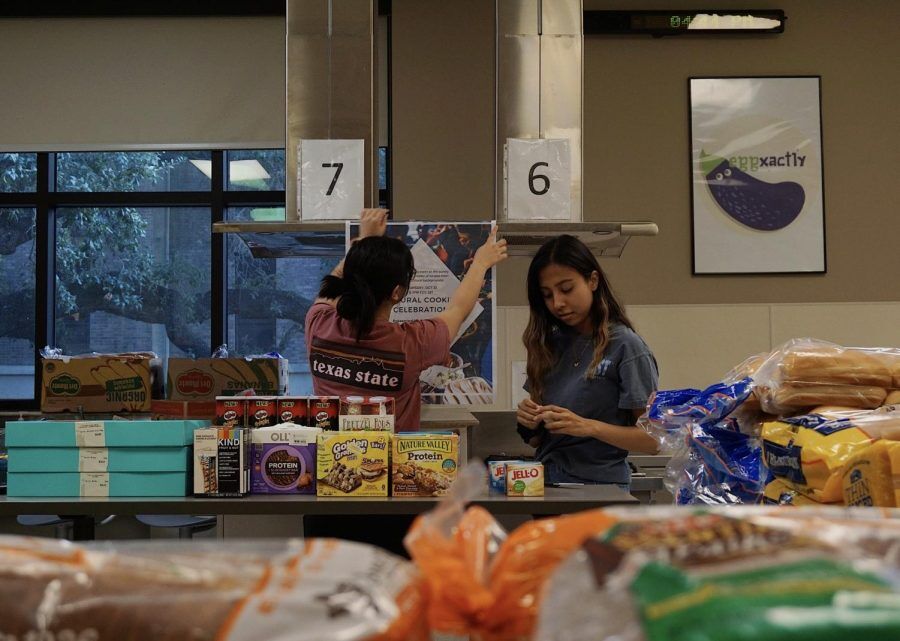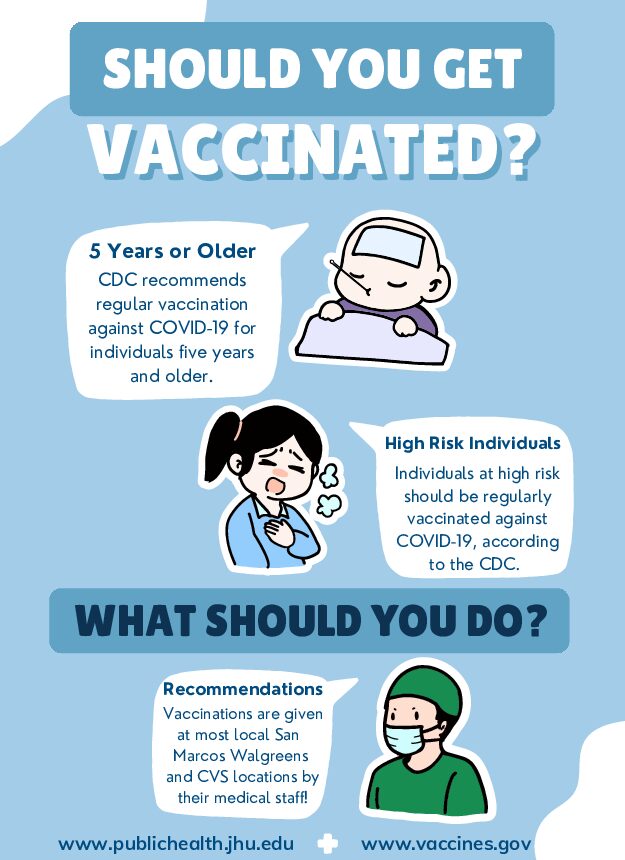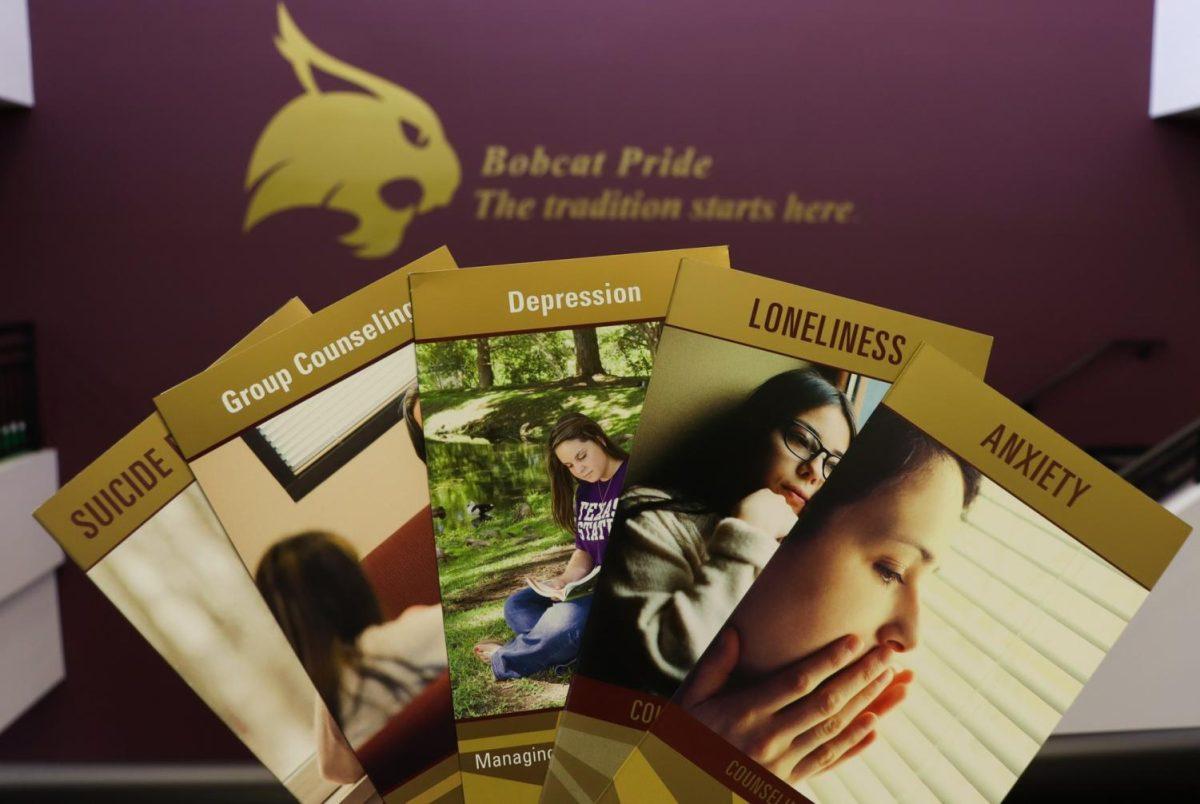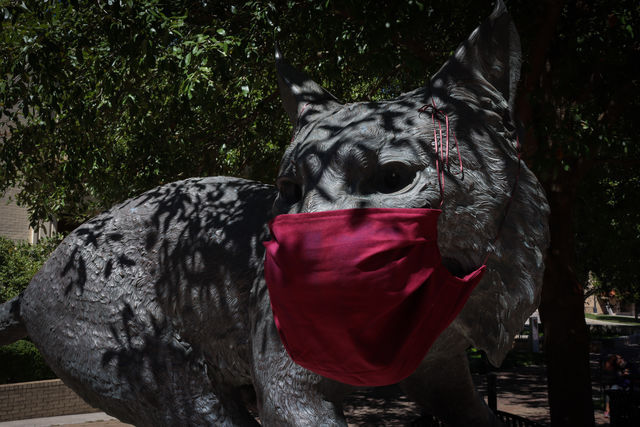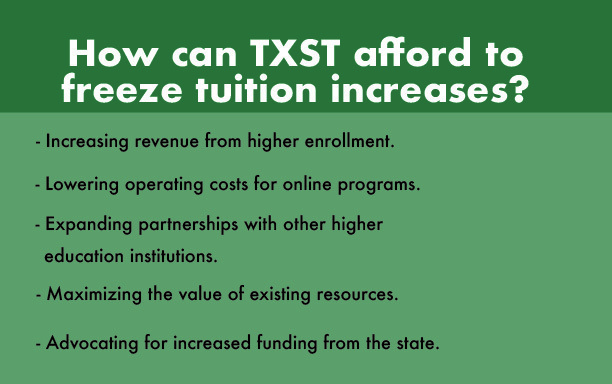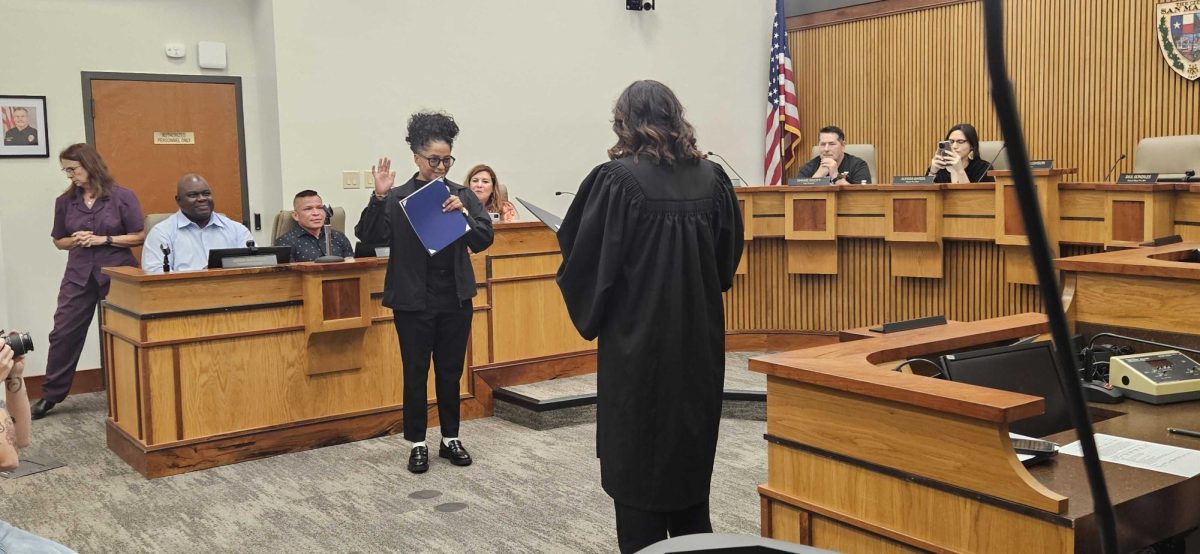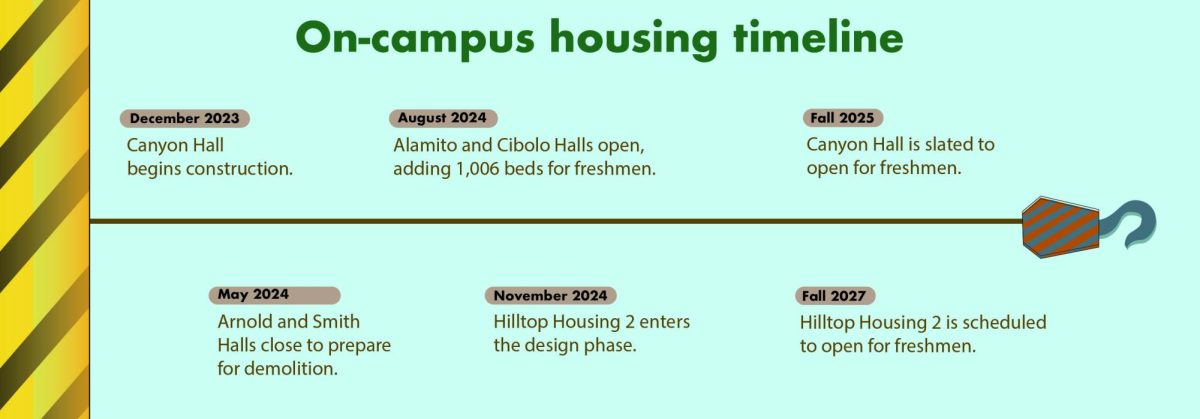Student workers will now be receiving paid sick leave during the novel coronavirus (COVID-19) pandemic, in accordance with a new federal act.
The Families First Coronavirus Response Act (FFCRA) became effective April 1 and requires “certain employers to provide their employees with paid sick leave or expanded family and medical leave for specified reasons related to COVID-19.”
Finance and Support Services Public Information Officer Deyanira Romo Rossell said state statute usually excludes student employees from earning sick leave. However, they do qualify for the new benefits outlined in the FFCRA.
“The university revised our remote work policy to make students eligible in response to the COVID-19 pandemic,” Rossell said. “Nearly 800 student employees are presently taking advantage of that new benefit. Additionally, the university is researching ways to ensure that students will receive the full amount of federal and state work study awards that were part of their financial aid package.”
The change in policy brought relief to students like Hailey Thomas, psychology and Spanish senior. Thomas works as a switchboard operator for the university’s mainline and feared for her health by risking going to work without protection.
“I feel a lot more secure and comfortable going to work now that I know that there are things in place that will help our employees if they get sick because my biggest concern was getting sick, left without a paycheck and medical bills,” Thomas said. “I don’t have insurance. So those two combined could definitely wreak havoc on my finances.”
Under FFCRA, full-time employees can earn up to 80 hours of paid leave. Part-time employees earn the average hours that an employee works over a two-week period. However, if an employee is able to work remotely or telecommute, they may not be eligible to take the leave provided in this act.
Employees can qualify for paid sick leave because they are; one, subject to a federal, state, or local quarantine or isolation order; two, advised by a health care provider to self-quarantine; or three, experiencing COVID-19 symptoms and are seeking a medical diagnosis.
If they qualify for any of the three circumstances, Texas State will pay a full-time employee the full rate of pay for up to 80 hours. A part-time employee will receive full payment for an average number of hours. The maximum amount of pay per day is $511.
If employees are caring for an individual subject to an order described in (1) or self-quarantined as described in (2); caring for a child whose school or place of care is closed; or experiencing any other substantially similar condition specified by federal or state authorities, they will be paid two-thirds of the employee’s normal rate of pay, up to a maximum of $200 per day.
According to the university’s faculty and staff COVID-19 webpage, the “Shelter in Place” order issued by Hays County does not qualify for emergency paid sick leave. The quarantine or isolation order must be from a medical authority for reasons that an individual may have been exposed to COVID-19.
Employees must provide documentation in support of their paid sick leave, such as a note from a health care provider or another public health official, to their employer to qualify for paid sick leave or expanded family and medical leave.
More information on how to qualify for FFCRA as a university employee can be found on Texas State’s Human Resources page.
Individuals concerned about possible exposure to COVID-19 are encouraged to contact their healthcare provider or the Hays County Local Health Department at 512.393.5520. For additional information about COVID-19, visit the Texas Department of State Health Services or the Centers for Disease Control website.
The University Star’s COVID-19 coverage can be found here.
Categories:
Student workers now eligible for paid leave under new federal act
April 7, 2020
By Rebecca Harrell
Texas State pre-nursing sophomores Andrea Poblete (left) and Sofia Yanez hang an informational poster about an upcoming event at the Bobcat Bounty food pantry Oct. 24, 2019, in the Family and Consumer Sciences building. Included among student workers are Bobcat Bounty workers, Alkek library workers, ITAC assistants and more.
0
Donate to The University Star
Your donation will support the student journalists of Texas State University. Your contribution will allow us to purchase equipment and cover our annual website hosting costs.
More to Discover


